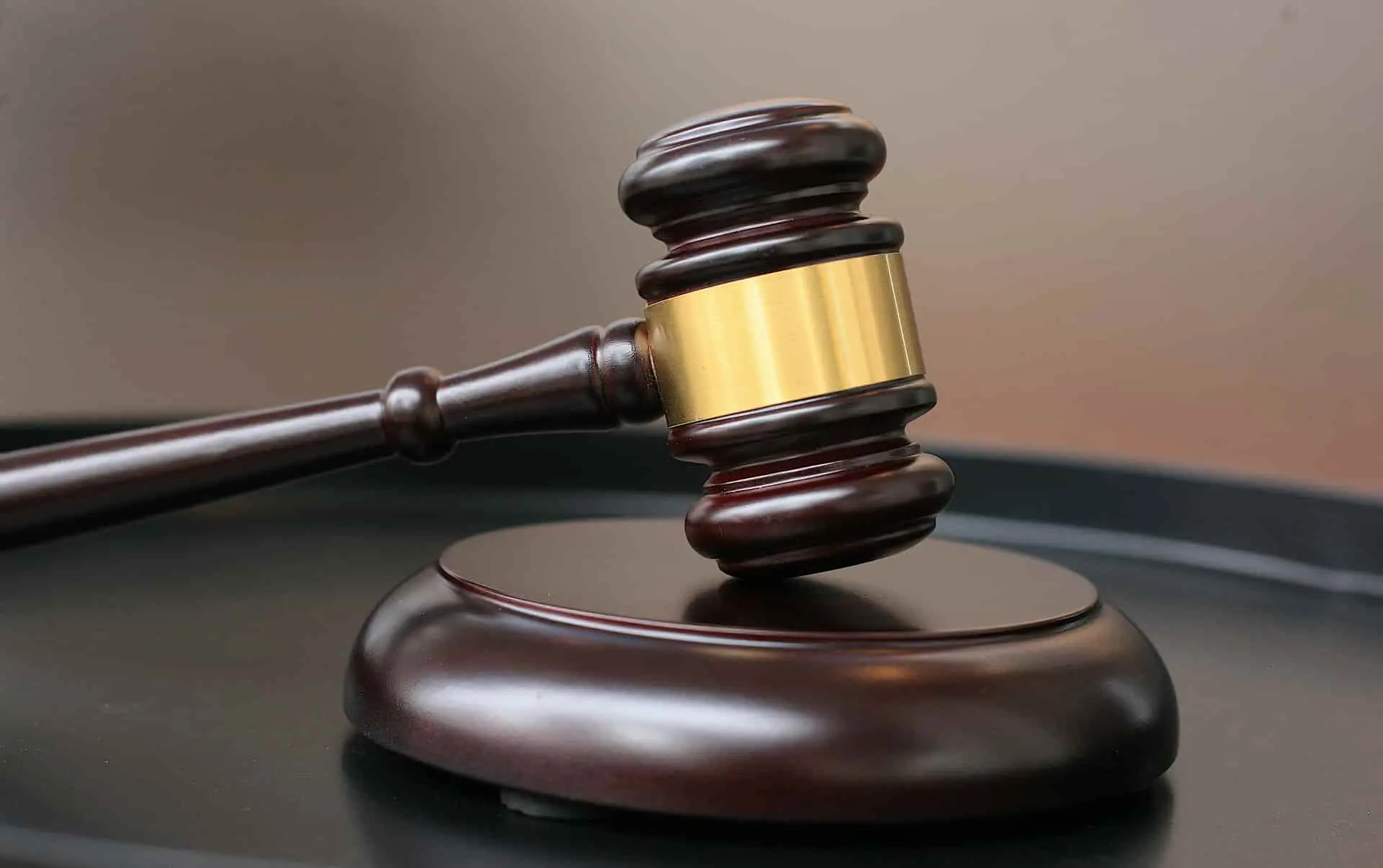Can I Get Paid for the Damages of a Personal Injury?

Under tort law, injured parties are entitled to seek financial compensation from those who are liable for their losses. While pursuing a payout won’t erase the trauma they experienced or restore their health, it could provide the funds needed to put their lives back together in the wake of the accident.
In Florida, recoverable damages may include:
- Hospital bills;
- Ongoing rehabilitation;
- Home care;
- Replacement services;
- Home and vehicle modifications;
- Property repairs;
- Lost income and benefits;
- Lost earning capacity;
- Emotional distress;
- Loss of enjoyment in life; and
- Pain and suffering.
Depending on the circumstances, punitive damages may also be warranted. Whereas compensatory damages aim to reimburse plaintiffs for the losses they incur, punitive damages attempt to punish defendants for gross negligence or intentional misconduct.
To prevent frivolous suits seeking unreasonable payouts, Florida typically caps punitive awards at $500,000 or three times the total compensatory damages, whichever is greater. This cap increases to $2 million or four times the compensatory damages, however, if the defendant was motivated by financial gain. And if the defendant intentionally harmed the plaintiff, there is no cap on the potential punitive award.
A different cap applies to punitive awards for medical malpractice. If the defendant is a practitioner, the plaintiff cannot seek more than $500,000 in punitive damages. This cap increases to $750,000 for suits against non-practitioners.
How Can I Prove the Extent of the Damages I Incur?
Just because you have grounds for a personal injury claim doesn’t mean you’re automatically entitled to compensation. In order to recover a satisfactory payout, you’ll have to prove that you did, in fact, incur all the damages you’re seeking.
To prove economic damages, you’ll have to be diligent about recordkeeping. Save all relevant bills, invoices, receipts, quotes, and paystubs. You can give these documents to your personal injury attorney, who will use them to determine a starting point for the negotiations.
As for proving non-economic damages, it’s advisable to start a personal injury journal as soon as possible. Detailed entries will help contextualize your medical records by illustrating the ways in which your injuries affect your everyday life.
Other ways to prove non-economic damages include statements from friends, loved ones, and colleagues and testimony from mental health professionals. If you undergo a psychiatric evaluation, for example, you can use the results to demonstrate just how much your injuries are impacting your overall wellbeing. Likewise, those who interacted with you on a regular basis before you got hurt can speak on the ways in which your mood, behavior, and demeanor have changed since the accident.
Discuss Your Claim with a Personal Injury Lawyer in West Palm Beach
At Donaldson & Weston, we understand the physical, emotional and financial toll that unanticipated injuries can take on the whole family. If you were seriously hurt through no fault of your own, we’ll help you seek the compensation you deserve from all responsible parties. Call 561-299-3999 or fill out our Contact Form to schedule a free consultation with a personal injury attorney in West Palm Beach.
